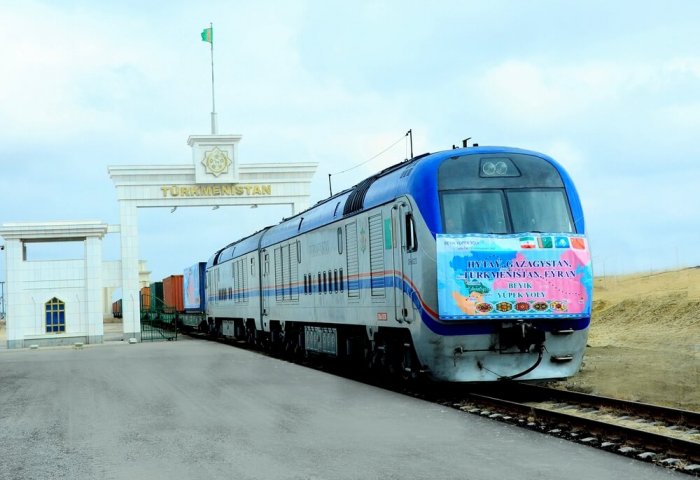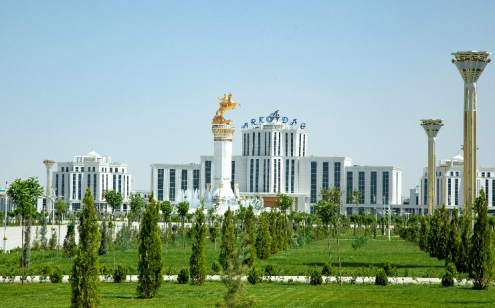New developments in the global supply chain have pushed countries to search for shorter and cheaper routes. According to experts, Central Asia - Iran - Turkey is becoming an increasingly preferred transportation route. For these countries, the development of advanced rail connections, which carry 20 times more goods than trucks, is a priority.
Central Asia is particularly important in the Eurasian logistics system. An increase can be observed in the implementation and dynamics of transportation investments that have already begun. Projects that were previously at the project stage or implemented in parts are being completed at a rapid pace.
The China-Kyrgyzstan-Uzbekistan railway network with a total length of around 4,400 km is a prime example of these developments. Created 20 years ago and long negotiated by parties, the project was only implemented in sections during this time. Global developments in recent years have led to a rapid agreement on the final version of the project. After more than 20 years of negotiations on paper, the China-Kyrgyzstan-Uzbekistan railway project will finally be implemented as the parties will sign an agreement at the upcoming Shanghai Cooperation Organization Summit in Samarkand.
With this project, a cargo from China will pass through Kyrgyzstan, Uzbekistan, to Turkmenistan and then via Iran-Azerbaijan-Turkey route will enter Europe.
Another noteworthy initiative is the Trans-Caspian International Transport Route project, dubbed the 'Middle Corridor', connecting China to Turkey via Kazakhstan. Officially, this route has been in existence since 2017, but is currently in the early phase of development.
However, there are increasing efforts to better utilize and develop the 908-kilometer-long Eastern Caspian Rail Corridor connecting Kazakhstan, Turkmenistan and Iran, which opened in 2014. With an annual capacity of 5 million tons of cargo, this railway connects the Kazakhstan and Turkmenistan coasts of the Caspian Sea to the Persian Gulf. The measures are under development to rapidly increase its capacity to 12 million tons per year. Experts believe that these projects will increase the geopolitical importance of the region for the development of new Eurasian transport routes.
In conclusion, it is expected that much of the region's development in the coming years will depend on logistics and transportation infrastructure.
Nurmyrat Mommayev,
PhD Candidate at Marmara University's Department of Political Science and International Relations in Istanbul, Turkey


















